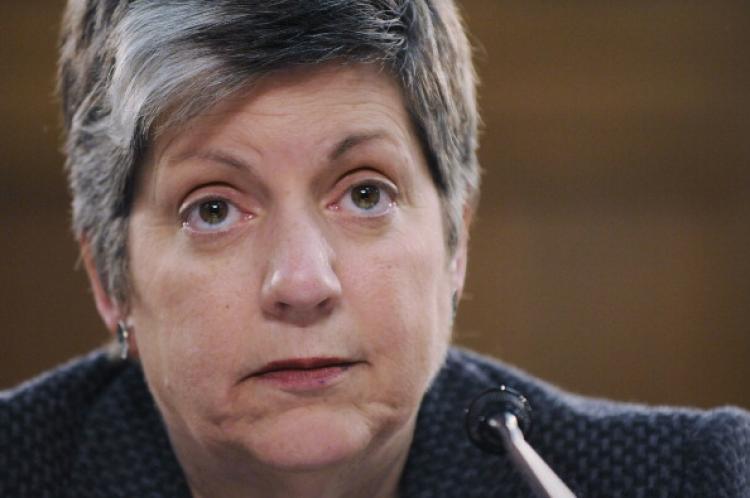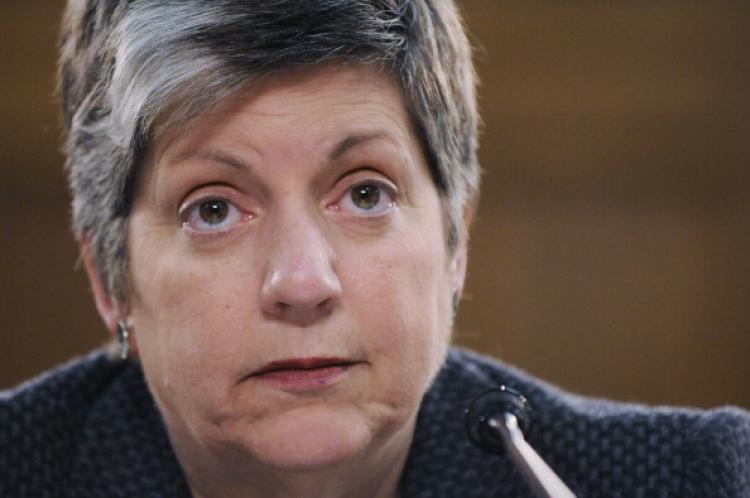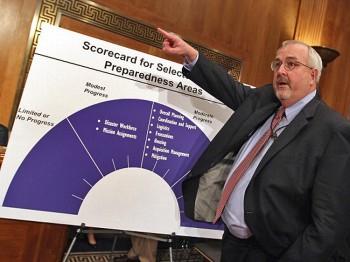DHS Head Calls for Science in Public Service
U.S. Department of Homeland Security Secretary Janet Napolitano outlined the ever-changing challenges Homeland Security faces.

Department of Homeland Security Secretary Janet Napolitano said that harnessing science and technology to meet the needs of Homeland Security is critical to the nation's continual security and prosperity. Jonathan Ernst/Getty Images
|Updated:




